Publications on Transgender
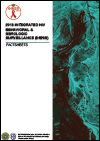
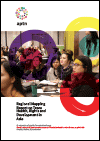
This Mapping Report highlights recent steps taken at a regional level to improve trans people’s access to comprehensive health care, including gender-affirming health services. It also outlines the purpose of the From Bridges to Barriers conference and how this report would be used in health and policy discussions.
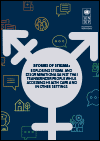
The study explores the various forms of stigma and discrimination experienced by transgender women, often resulting in violence and abuse, and barriers to accessing employment, education, health care and other social services. It examines stigma during childhood, within the family, at school and in health care settings, as well as stigma within the transgender community and HIV-related stigma.
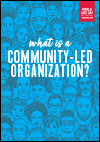
Community-led organizations are led by the people who they serve and are primarily accountable to them. In the AIDS response, this includes organizations by and for people living with HIV or tuberculosis and organizations by and for people affected by HIV, including gay men and other men who have sex with men, people who use drugs, prisoners, sex workers, transgender people, women and young people.
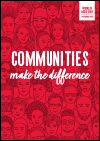
Communities make an invaluable contribution to the AIDS response. Communities of people living with HIV, of key populations—gay men and other men who have sex with men, people who use drugs, sex workers, prisoners, transgender people and prisoners—and of women and young people lead and support the delivery of HIV services, defend human rights, support their peers. Communities are the lifeblood of an effective AIDS response and an important pillar of support.
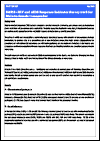
Male-to-female transgender (TG) has been a neglected and hard-to-reach community, yet various overseas studies have shown that their HIV prevalence can be quite high. To better study the situation in Hong Kong, it has been included as one distinct at-risk populations in the HIV/AIDS Response Indicator Survey (HARiS) since 2014.
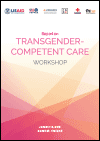
The workshop drew expertise from across the region, as well as from the Fenway Institute. Session topics ranged from introductions to terminology around gender identity and health issues faced by transgender community, to more advanced topics such as gender affirmative hormone therapy and gender affirming surgeries.
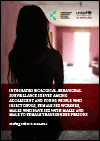
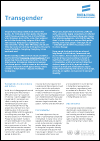
Trans people in all parts of the world are at heightened risk of violence, harassment and discrimination. Human rights violations range from bullying and verbal abuse, to denial of healthcare, education, work and housing, to criminalization, arbitrary arrest and detention, violence, assault, torture, rape and murder. Exposure to these and related abuses may be further exacerbated by other factors, such as age, ethnicity, occupation, socio-economic class and disability.






